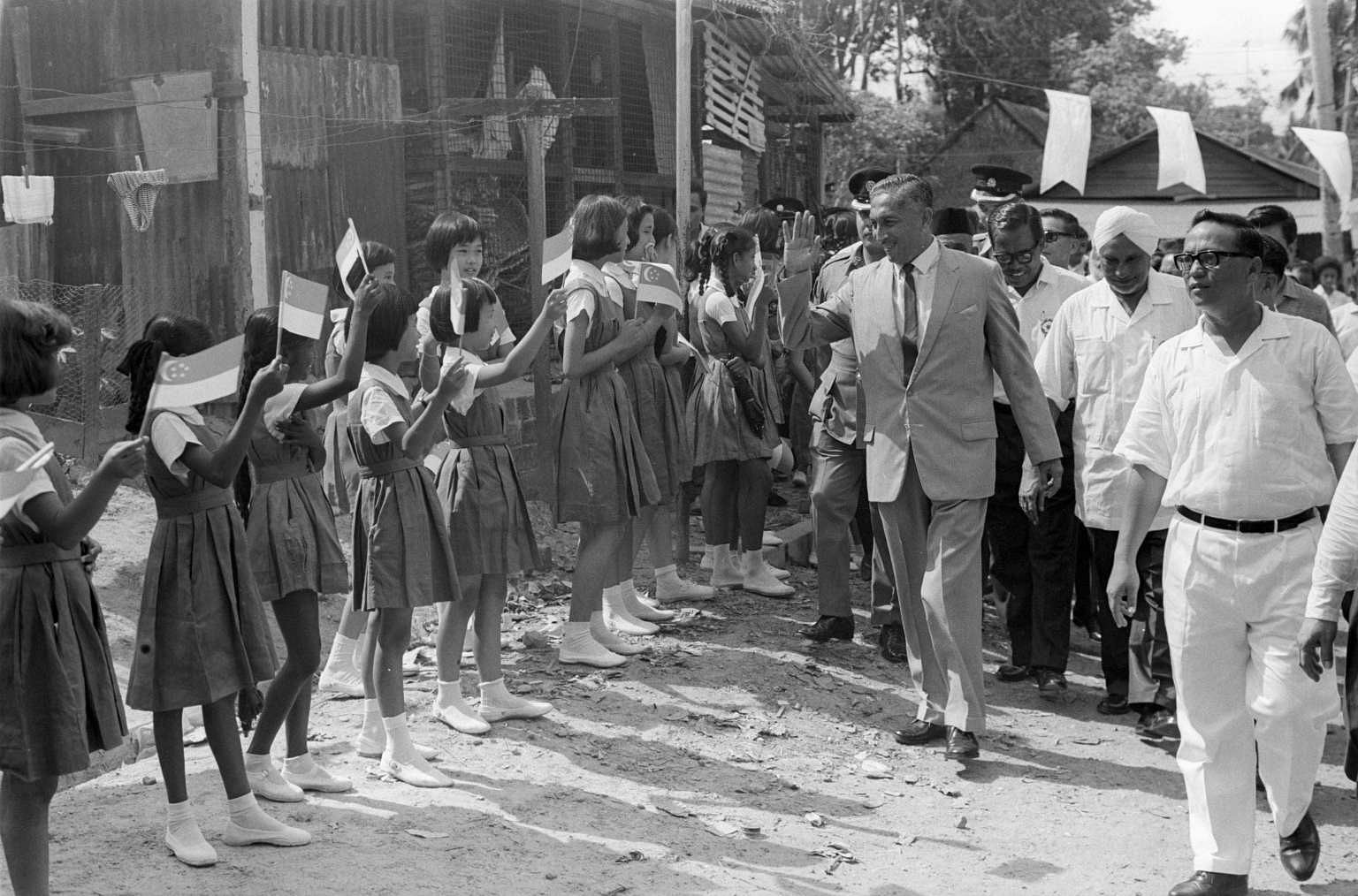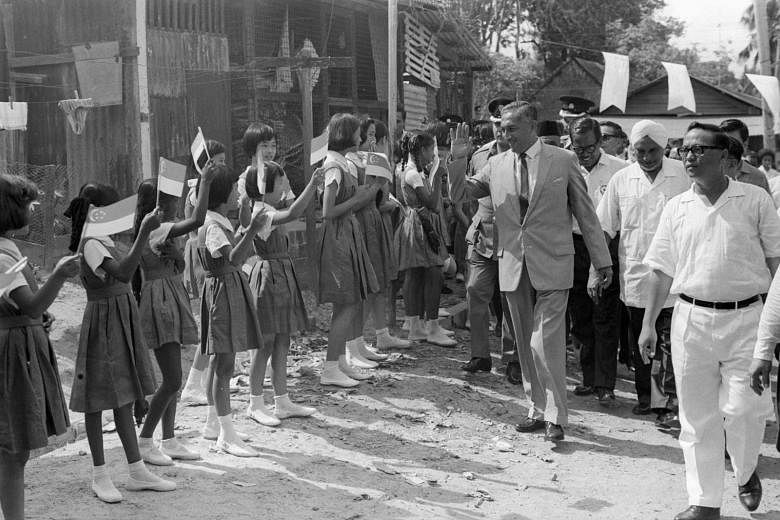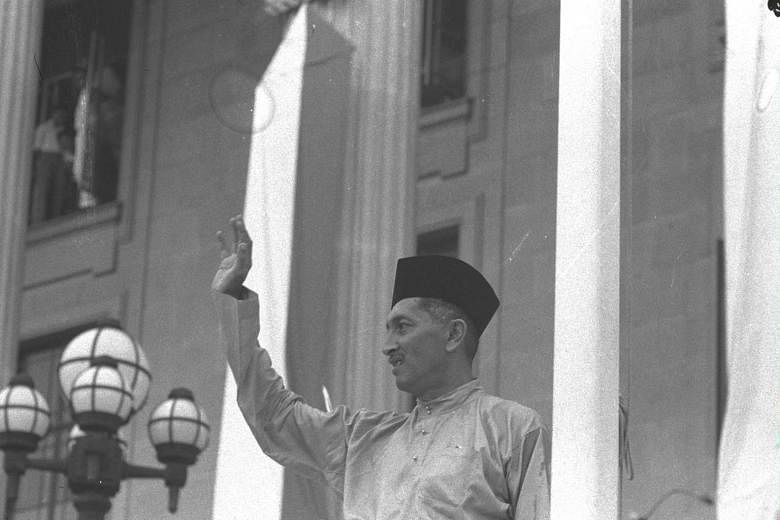The Constitutional Commission's long-awaited report on the elected presidency is an important development in efforts to maintain and strengthen Singapore's unity, racial harmony and stability, and, in the long run, to portray the multiracialism that has become part of Singapore's national identity.
Among the main components of the report is the recommendation to introduce safeguards in the elected presidency to ensure that the highest office in this land "is not only accessible, but is seen to be accessible" by the minority Malay and Indian races.
The implementation of the elected presidency in 1993 was supported by the Malay community because of its good intentions - to protect the nation's reserves and assets from a government that spends as it pleases, and to maintain the meritocracy and equality of the public service as well as to prevent nepotism and politically motivated appointments to high offices.
But at the same time, it raised questions in the Malay community about whether or not there would be a Malay president after the late Mr Yusof Ishak. This was not because of the difficulty in finding a Malay candidate who met the qualifying criteria that had been set, but due to the "effect of race" that can influence the results of an election.
The fact is that Singapore has not achieved its goal of becoming a race-blind society.
In this matter, credit should be given to the founding prime minister, the late Mr Lee Kuan Yew. As the President is "a symbol of national unity", he emphasised the importance of rotating the office among the main races in Singapore. He said that "the convention of rotating the presidency among the races was important to remind Singaporeans that their country was multiracial".

In fact, after two Chinese became president consecutively (the late Mr Wee Kim Wee and the first elected President, the late Mr Ong Teng Cheong), Mr Lee said that it was important for the next president to be from a minority race.
"It is time to remind Singaporeans to have a symbol as a multiracial society, an expression of our national identity," he said.
Emphasising the importance of having a provision for minority races to hold the position of President, Prime Minister Lee Hsien Loong said that it was so that "the people can see that yes, this is my country... people like me can become the head of state, can represent the country".
The commission also acknowledged that because of the importance of the symbolic role played by the President, the minority races cannot be regarded or regard themselves as unable to attain this position. The commission also said this is important for the policy of multiracialism.
Certainly, there were concerns raised over the pros and cons of having a special provision for the position of the President to be held by members of minority races from time to time. The Malay community itself does not want the position to be "given" to a Malay as a token to show equality. This concern can be understood and is welcomed as this shows that the principle of meritocracy is accepted by Singaporeans, and in fact is firmly embedded in the minds as well as the belief of Singaporeans.
In this matter, the commission emphasised that the qualifying criteria will not be compromised even if the presidency is held by a minority and this shows that there is no issue of tokenism.
The same qualifying criteria apply to all candidates, which means that whether Singapore has a Chinese, Indian or Malay president, all of them are selected because they are the best person for the position.
This also means that not everyone can meet the high qualifying criteria. Certainly this is so, if we want the best candidate. Therefore, our minds should not be disturbed by other matters, including the fact that some people may not be able to run for this position as they do not meet the stringent requirements.
The Malay community should not worry about whether or not there are Malays who meet the high qualifying criteria. In fact, PM Lee is confident that there are members of the minority communities who are eligible to be elected as the President of Singapore, although he admitted that the number is not as big as that of Chinese candidates. And, he is confident that the number will increase in the future with great progress achieved by the minority communities, including the Malays.
Therefore, what is more important is that the Malays should make greater efforts to achieve greater progress which will help increase the number of eligible Malays to be elected as President even without a special provision set for the minority communities.
This clearly shows that the Constitutional Commission is taking care of the interests of the Malays, as far as the post of President is concerned, through its recommendations. It is of great relief that the Government is concerned about all the races in Singapore and strives to ensure that every Singaporean has a place in Singapore, including to hold the highest office in the land.
However, the proposed changes need the full support not only from the minority ethnic groups but also the majority ethnic group. This is important to maintain harmony, stability and unity in Singapore.
•This is a translation of Malay newspaper Berita Harian's editorial published on Wednesday.


